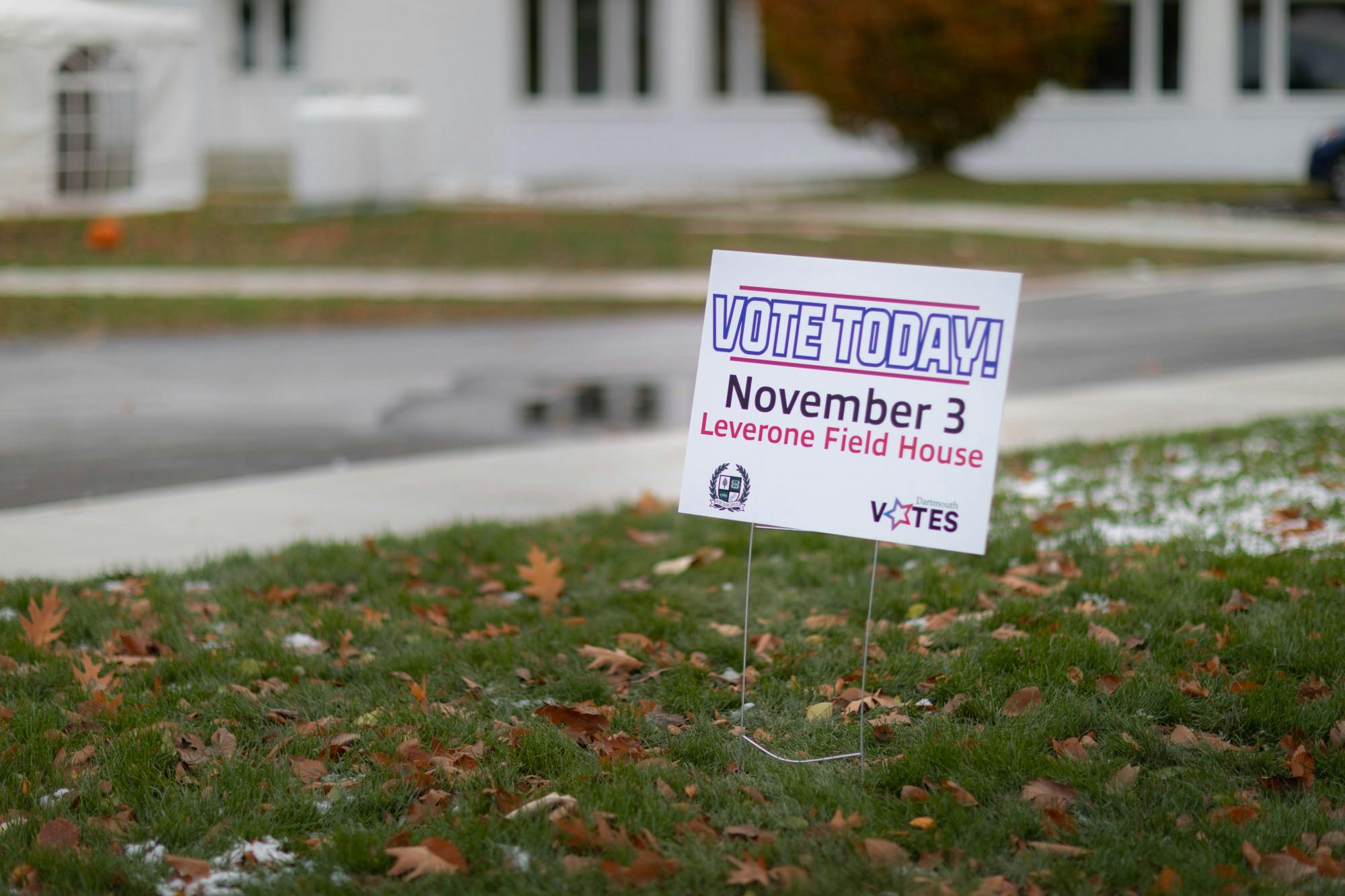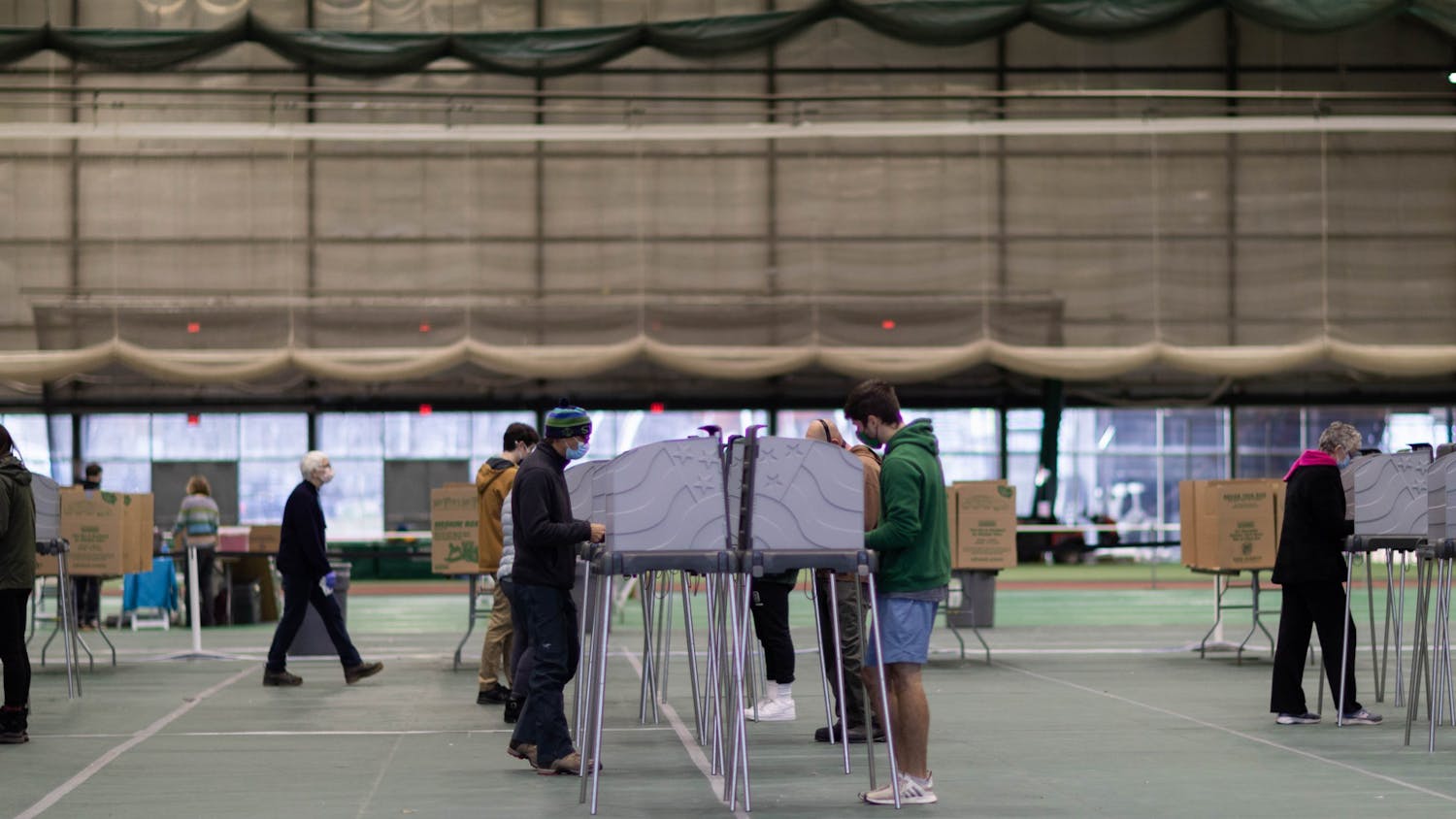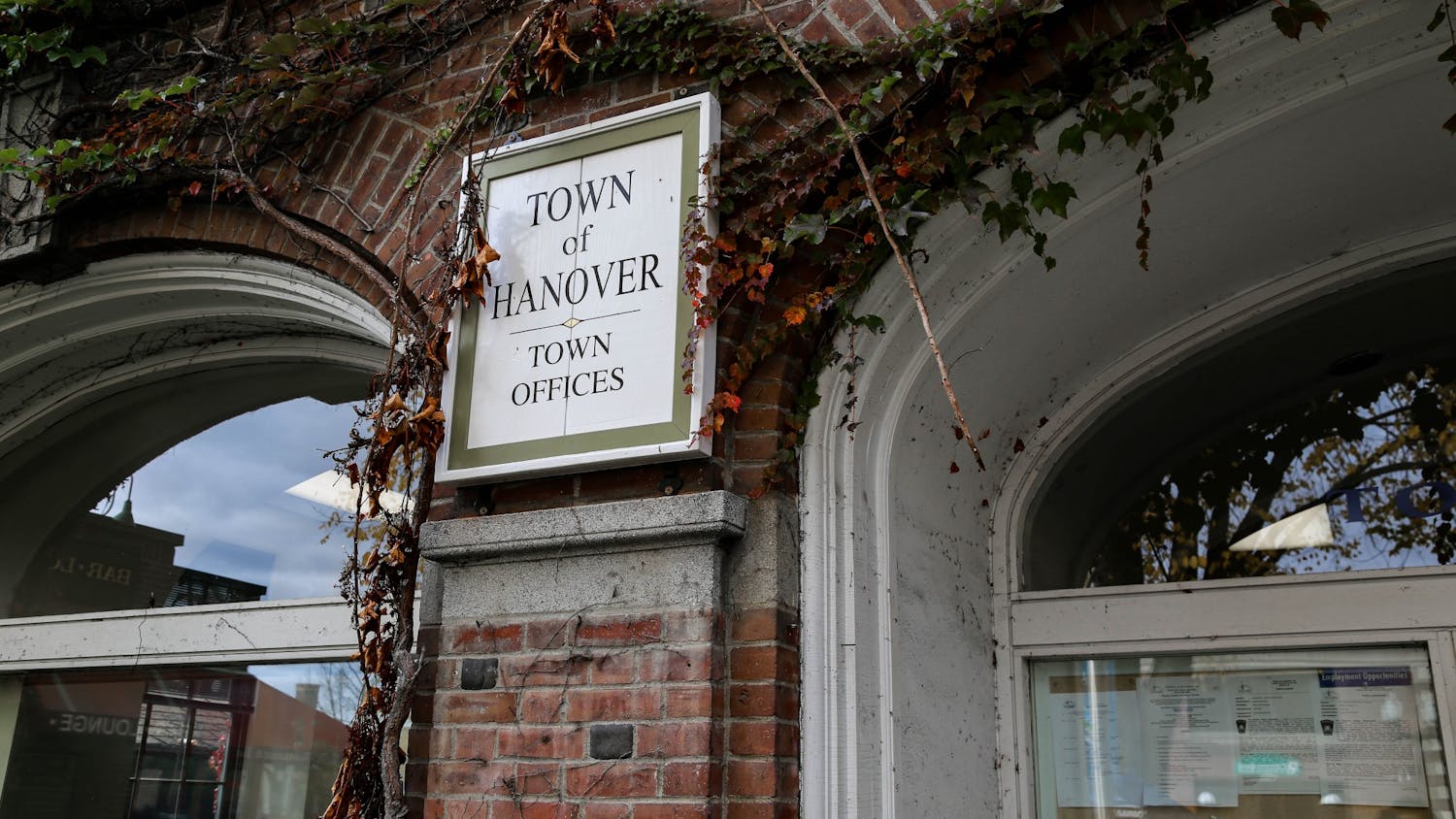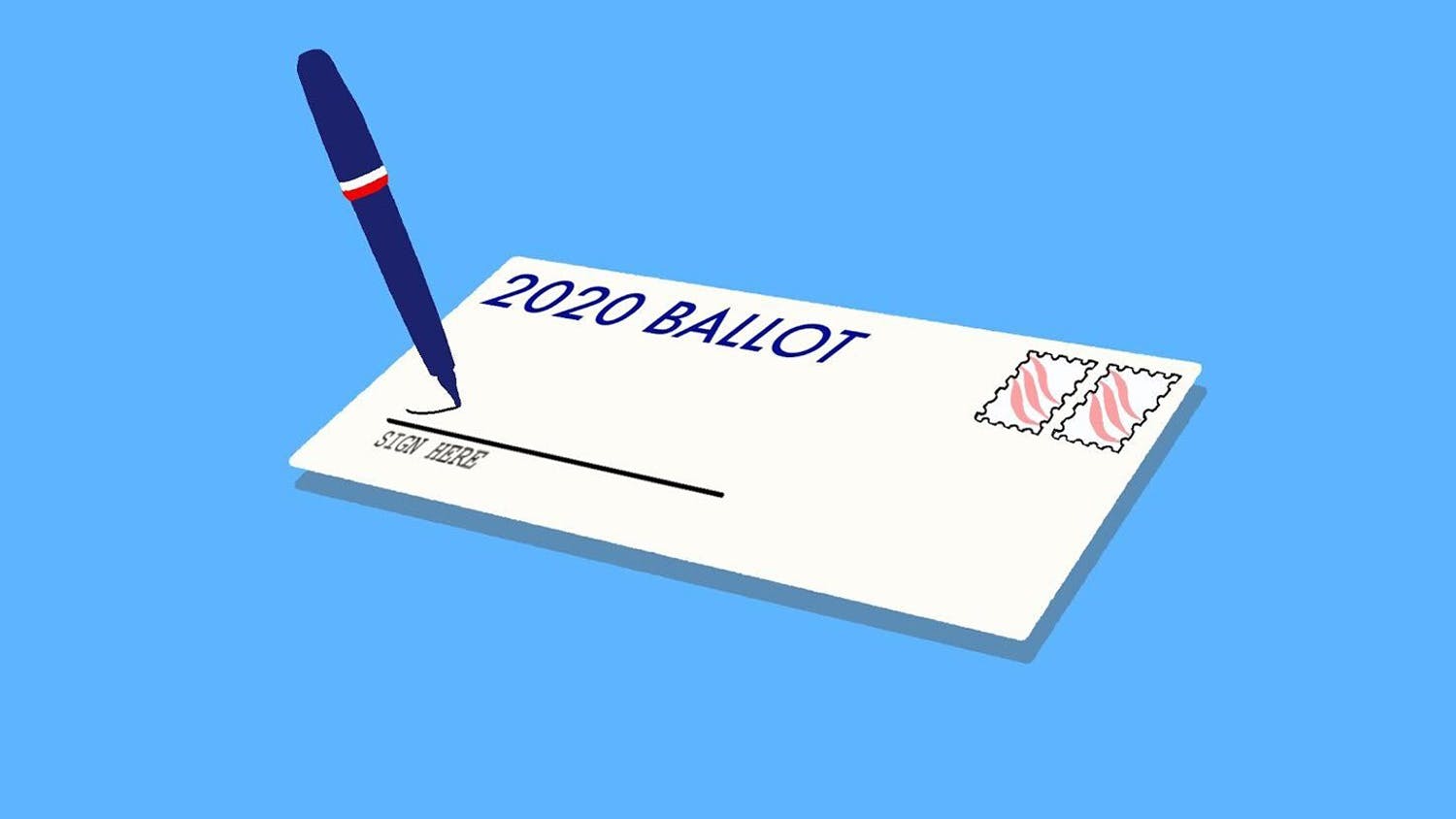For most Dartmouth students, participating in the American democratic process meant casting a vote in this year’s general election. In the weeks leading up to Election Day, political energy blanketed campus, with ubiquitous voter registration drives, campus-wide emails and high-profile visibility efforts placing the campaign at the forefront of Dartmouth’s collective consciousness.
While the average Dartmouth student’s involvement may have ended at the ballot box, this election cycle, several students have worked on campaigns to get their preferred candidates elected.
For Ethan Lang ’23, who worked as deputy director of Get Out the Vote operations for the Kent County, Delaware Republican Committee and volunteer coordinator for the campaign of Republican Delaware state representative Bryan Shupe, this election was simply too important for him not to get involved.
“I thought this was definitely the race, this was the year to really make my mark and leave it on the field,” Lang said. “I wanted to do anything I could with my particular talents to help out the causes I believe in.”
Lang had worked on campaigns in the past, and noticed that this year, the entire landscape of running a campaign shifted as the political world adjusted to the restrictions imposed by the pandemic. Traditional political techniques, like recruiting volunteers from the community, proved challenging.
“Finding volunteers to do anything was an incredible challenge,” Lang said. “It’s hard to get people to volunteer for this stuff anyway … when you add COVID on top of that, that complicates things even more.”
Miles Brown ’23 echoed that sentiment. He spent this election cycle working full-time for Rep. Ann McLane Kuster, D-N.H., on her successful reelection campaign for the U.S. House of Representatives in New Hampshire’s 2nd Congressional District. Despite being closely involved with the political, digital and financial operations of the campaign, Brown was unable to see the fruits of his labor in person: he was over 1,000 miles away, working from a house in Charleston, South Carolina, where he lived with friends for the fall term.
Most of Brown’s work took place over Zoom and on the phone. While he felt he was still able to make a meaningful contribution to the campaign, he said that working remotely made him feel like he was missing out on some of the most essential aspects of campaigning.
“I definitely missed knocking doors and canvassing,” Brown said. “Obviously [avoiding] that is the smart thing to do during a pandemic — you don’t want to be exposing yourself or endangering anyone — but I think just kind of being on the ground and that grassroots type of campaigning is something I’m looking forward to getting back to once this is all over.”
Another challenge for political campaigns this election cycle was visibility. With limited ability to hold in-person events like the seemingly endless presidential candidate appearances Dartmouth and New Hampshire experienced before the Feb. 11 primary this year, campaigns at all levels have had to adjust.
For David Hauge ’21, the founder and director of the campus group Dartmouth for Biden who has also worked for the Joe Biden and Kuster campaigns this cycle, that meant hosting online events with Democratic New Hampshire politicians like Kuster, gubernatorial candidate Dan Feltes and Sen. Jeanne Shaheen. During the summer and fall, and in the weeks leading up to the election, Hauge and his group worked in conjunction with organizations like the Dartmouth Democrats and Organize New Hampshire to encourage students and community members to vote, and offer information about voting in the COVID-19 era.
“Over the summer, we really focused on getting [out] information on absentee voting and how to vote absentee,” Hauge said. “Once Election Day got closer, we were available and sent out a lot of information on how to vote if you were on campus, especially for ’24s that would be participating in their first election.”
Even though all three students devoted a large portion of their time over the past few months to working on campaigns, the nature of elections meant that the results of their hard work wouldn’t become apparent until Election Day at the earliest. When Nov. 3 arrived, their efforts, along with the efforts of political organizers and activists across the nation, proved effective — preliminary numbers indicate that this year’s presidential election saw the highest rate of voter turnout in at least half a century.
“You’d always like to think you made a difference,” Brown said. “Every phone call, every text message, every email helps get us a little bit closer to victory.”
After Election Day passed, the three students had time to reflect on their long hours and months of hard work while the results trickled in from local, state and national races.
Lang noted that he was pleased the state representative he worked for, Shupe, and other Republican state representatives easily won reelection, but he was also aware that Delaware, a blue state, still tilted overwhelmingly toward Biden and other Democrats.
Brown and Hauge both expressed relief that Biden won the presidential race, and that New Hampshire Democrats like Kuster and Shaheen won reelection. However, they were less enthused about the fact that Republicans won a state trifecta in New Hampshire, where the party retained the governor’s seat and took control of both the state House and state Senate.
All three students said that they planned to continue their work in politics in the future, especially with midterm elections coming up in 2022 and another presidential race scheduled in four years.
“This whole process just reinforced the idea that this is what I love to do,” Hauge said. “It’s going to be a very crazy two to four years, and I’m excited to just do my part.”




